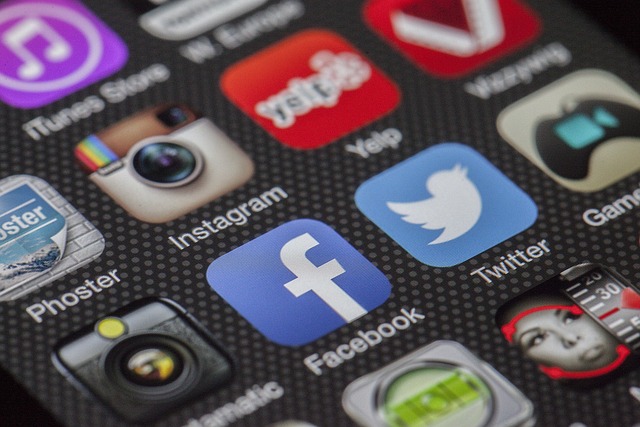The Impact of Social Media on Sports

The Impact of Social Media on Sports: How Athletes and Fans are changing the game
Social media has completely changed the way that we consume sports. From athlete branding to fan engagement, platforms like Twitter, Instagram, and TikTok have created a space for athletes and fans to connect and share their passion for sports. We’ll explore the impact of social media on sports and how it has changed the game for athletes and fans alike.
Athlete Branding
Social media has given athletes a chance to tell their own stories and build their own brands. In the past, athletes were at the mercy of traditional media outlets to share their stories and highlight their accomplishments. Now, with the rise of social media, athletes can directly engage with fans and share their stories on their own terms.
One of the most notable examples of athlete branding is LeBron James. With over 148 million followers on Instagram and over 52 million followers on Twitter, James has been able to leverage his social media presence to become a media mogul. He has his own media company, Uninterrupted, and has produced several documentaries and TV shows.
By creating their own brand, athletes can also create additional revenue streams through endorsements and sponsorships. Social media allows athletes to showcase their personalities and interests beyond their sport, which can make them more attractive to brands looking for partnerships.
Fan Engagement
Social media has also changed the way that fans engage with their favorite athletes and teams. Fans can now follow their favorite athletes on social media, watch live streams of games, and even participate in Q&A sessions.
Platforms like Twitter and Instagram have also created a space for fans to connect with each other and share their passion for sports. Fans can now create their own communities and share their opinions and reactions to games and events.
The COVID-19 pandemic has only increased the importance of social media for fan engagement. With limited in-person attendance at sporting events, fans have turned to social media to stay connected to their favorite teams and athletes. Teams and athletes have responded by creating unique content to keep fans engaged during these unprecedented times.
Athlete Activism
Social media has also given athletes a platform to speak out on social and political issues. In the past, athletes were often discouraged from sharing their opinions on controversial topics. But now, athletes are using their platforms to advocate for change and bring attention to important issues.
One of the most notable examples of athlete activism is Colin Kaepernick. In 2016, Kaepernick began kneeling during the national anthem before NFL games to protest police brutality and racial injustice. His protest sparked a nationwide conversation and brought attention to the issue of police brutality in America.
Athletes have also used social media to speak out on issues such as gender equality and climate change. By using their platforms to advocate for change, athletes are inspiring their fans and making a positive impact on society.
Challenges
While social media has had a positive impact on sports, it also presents challenges for athletes and teams. Athletes are often put under a lot of pressure to post content and interact with their fans, and they always run the risk of getting negative comments and backlash.
Social media can also be a distraction for athletes during training and competition. Athletes must be mindful of the time they spend on social media and ensure that it does not interfere with their performance.
In addition, social media can create a sense of false reality for fans. The curated content that athletes post on social media can give fans a skewed perception of their lives and their sport. It is important for fans to remember that social media is just one aspect of an athlete’s life and should not be taken as the full picture.
Conclusion
Overall, social media has had a significant impact on sports. Athletes have been able to create their own personal brands, engage with fans, and speak out on important issues. Fans have been able to connect with each other and stay engaged with their favorite teams.



